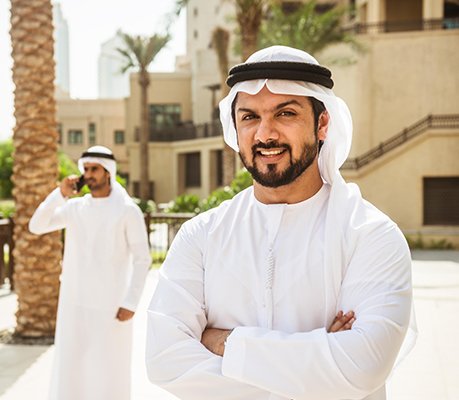Classical Quranic Arabic

Difference Between Modern Standard Arabic (MSA) and Classical Quranic Arabic:
This is part of the Fus’ha language, which has two main
branches: Modern Standard Arabic (MSA)and Classical
Arabic.
1. Usage:
Classical Quranic Arabic: Used in the Quran and Hadith, reflecting the language of that era.
Modern Standard Arabic (MSA): The contemporary form of Arabic used in formal settings, media, and education today.
2. Vocabulary:
Classical Quranic Arabic: Contains archaic terms and expressions specific to the Quranic context.
Modern Standard Arabic: Includes modern vocabulary to accommodate contemporary concepts and technologies.
3. Grammar and Syntax:
Classical Quranic Arabic: Features complex grammar and syntax with rhetorical devices and unique structures.
Modern Standard Arabic: Uses simpler and more standardized grammar and syntax for clarity in modern communication.
Classical Qura’anic Arabic course to understand Qura’an:
This course is designed to guide students through the process of translating the Quran, using the rules of Classical Arabic. The course is divided into four levels, each building on the previous one to deepen the student’s understanding and translation skills. Each level will take 60 hours to complete.

Level 1: Foundations of Quranic Arabic
Introduce basic Arabic grammar and vocabulary commonly found in the Quran to prepare students for translation work.
Introduction to Quranic Arabic: Overview of Quranic language as part of Classical Arabic and understanding the structure of Quranic verses.
Basic Grammar Rules:
- Nouns (الاسم) Definite and indefinite forms, singular, dual, and plural.
- Verbs (الفعل) Introduction to past, present, and command forms.
- Pronouns (الضمائر) Personal, attached, and relative pronouns.
- Common Vocabulary: Key Quranic terms and their meanings, basic prepositions, conjunctions, and particles.
- Simple Sentences: Constructing and translating basic Quranic sentences.
- Practice Sessions: Translating short verses with
guidance.
60 Hours

Level 2: Intermediate Quranic Grammar
Deepen understanding of Quranic grammar to enable more accurate translation.
- Advanced Nouns: Study of nominal sentences (الجملة الاسمية) and their components, the role of adjectives, verbs, and adverbs in Quranic text.
- Verb Forms and Moods: Conjugations and their use in different contexts, including command form, passive voice, and derived forms (أوزان)
- Syntax (النحو) Sentence structure, subject and predicate, and complex sentences. Analyzing and translating compound and conditional sentences in the Quran.
- Advanced Vocabulary: Translating complex Quranic phrases and idioms.
- Practice Sessions: Translating longer verses and simple passages with emphasis on grammar.
60 Hours

Level 3: Quranic Rhetoric and Eloquence
Understand the unique style, rhetoric, and linguistic features of the Quran to enhance translation accuracy.
- Balāgha (بلغة) – Quranic Rhetoric: Study of metaphors, similes, and allegories in the Quran. Understanding eloquence and word choice.
- Linguistic Features: Study of emphasis (التوكيد) and negation (النفي). Use of synonymy, antonymy, and word repetition.
- Quranic Parables and Stories: Translating Quranic parables (المثال). Study of narrative style and its impact on translation.
- Practice Sessions: Translating Quranic stories and parables with focus on maintaining meaning and style.
60 Hours

Level 4: Advanced Quranic Translation
Master the translation of the Quran with a focus on preserving meaning, context, and linguistic nuances.
- Advanced Grammar and Syntax: Complex sentence structures and advanced syntax in Quranic Arabic. Analysis of verb forms, moods, and sentence connectors.
- Contextual Translation: Importance of context in translation. Historical and cultural background of Quranic verses.
- Translation Techniques: Balancing literal and contextual translation. Handling ambiguous terms and preserving linguistic beauty.
- Case Studies: In-depth translation of selected Surahs (chapters) with commentary. Comparative analysis of different translations.
- Final Project: Translation of an entire Surah or selected passage with detailed commentary on the translation process.
60 Hours
